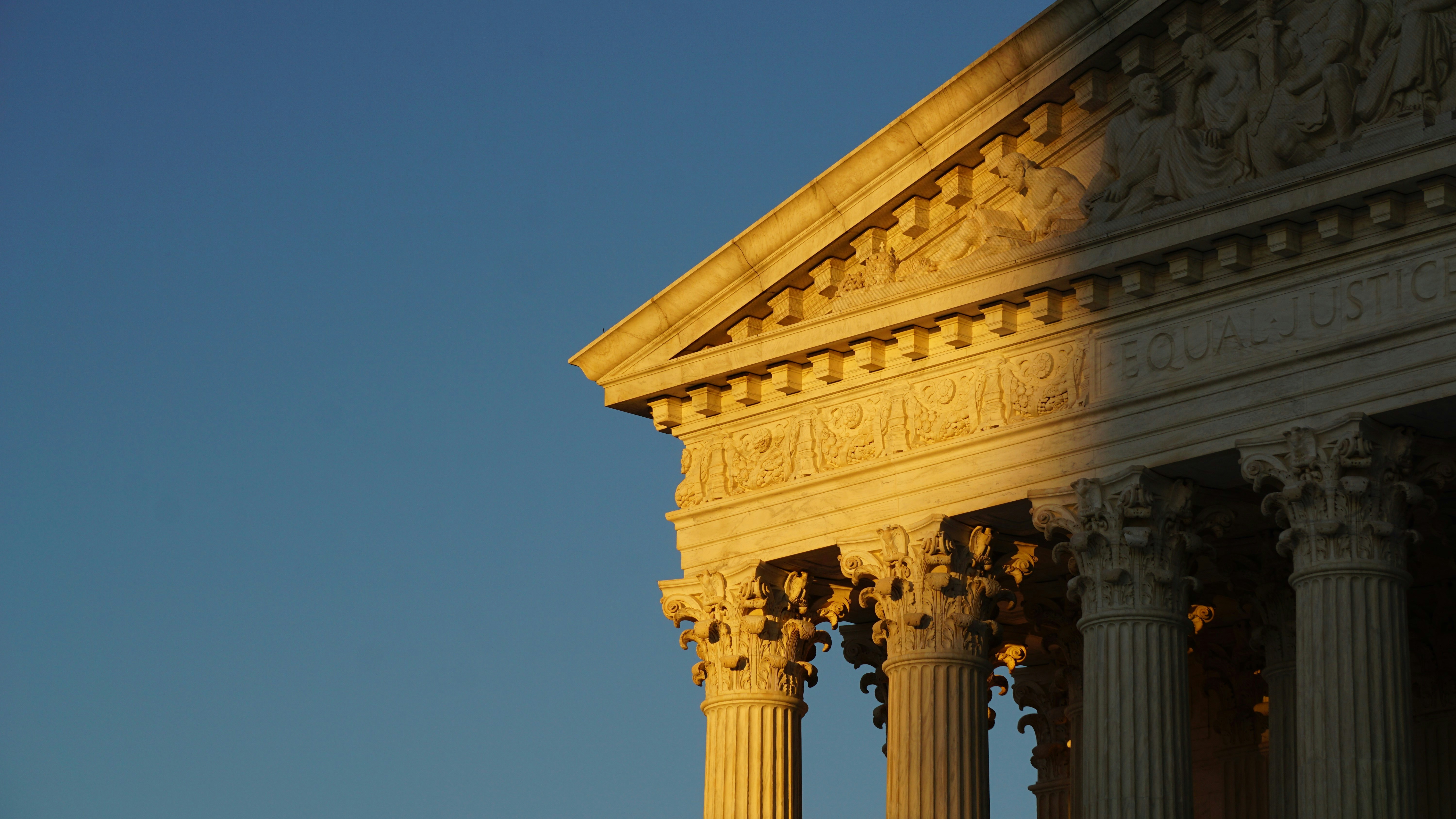Trump administration urges Supreme Court to block district court ruling preventing immigration stops


Updated on Aug. 8 at 10:36 a.m.
The Trump administration on Thursday afternoon asked the Supreme Court to block a ruling by a federal judge in Los Angeles that bars federal agents from conducting immigration stops in Los Angeles and central California without reasonable suspicion that the person whom they are stopping is in the United States in violation of U.S. immigration law. In particular, the order prohibits government agents from relying on any combination of four factors – “apparent race or ethnicity,” speaking in Spanish or accented English, presence at a location where undocumented immigrants “are known to gather,” and working at specific jobs, such as landscaping or construction – as the basis to stop suspected undocumented immigrants.
The order by U.S. District Judge Maame Ewusi-Mensah Frimpong, U.S. Solicitor General D. John Sauer told the justices, “threatens to upend immigration officials’ ability to enforce the immigration laws in the Central District of California by hanging the prospect of contempt over every investigative stop of suspected illegal aliens.”
The government’s request has its roots in an immigration enforcement effort that began in the Los Angeles area in June, and which some federal officials have described as the “largest Mass Deportation Operation” in U.S. history. In response, immigrants’ rights groups, along with U.S. citizens and undocumented immigrants who had been targeted by immigration raids, went to federal court in Los Angeles. They argued that the raids violated the Fourth Amendment because the federal agents did not have reasonable suspicion that the targets of the raids were undocumented immigrants.
Frimpong issued an order that prohibits government agents in the Central District of California – which includes Los Angeles and Orange County, and encompasses 20 million people – from relying on any of the four factors as a basis for reasonable suspicion to detain someone as an undocumented immigrant.
When the U.S. Court of Appeals for the 9th Circuit largely refused to pause Frimpong’s order, Sauer came to the Supreme Court, asking the justices to intervene. Sauer argued that the plaintiffs lack a legal right to sue, known as standing, because there is no reason to believe that they will be detained in the future. Frimpong’s order, Sauer contended, also puts “a straitjacket on law-enforcement efforts” and “flouted” the Supreme Court’s recent decision prohibiting universal injunctions – that is, orders that broadly bar application of a law or policy to everyone.
Sauer also asked the justices to issue an administrative stay, which would temporarily put Frimpong’s order on hold to give the court time to consider his request. “Every day that the district court’s order remains in effect,” he told the court, “law-enforcement officers throughout the most populous district in the country are laboring under the threat of judicial contempt, daunted by the prospect that their good-faith efforts to enforce federal law will be retrospectively deemed to violate a far-reaching, unlawful, and ill-defined injunction.”
On Friday, the court requested a response by Tuesday, Aug. 12, at 5 p.m.
Posted in Court News, Emergency appeals and applications
Cases: Noem v. Perdomo